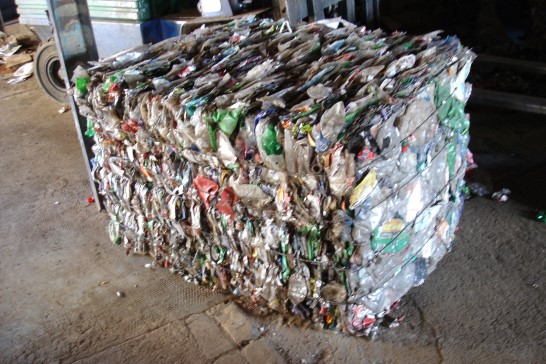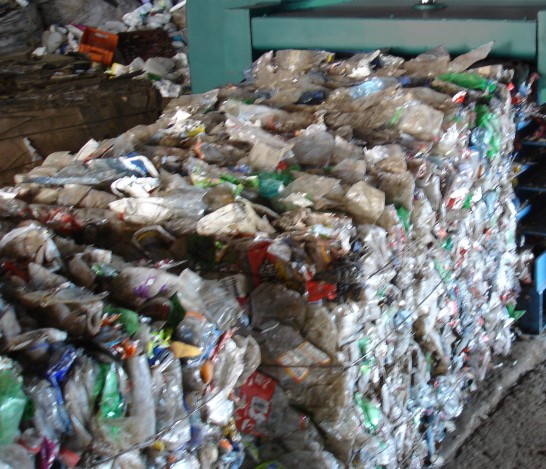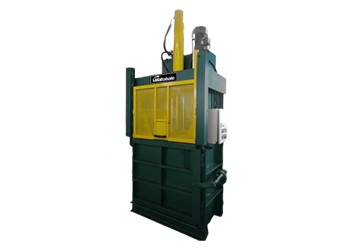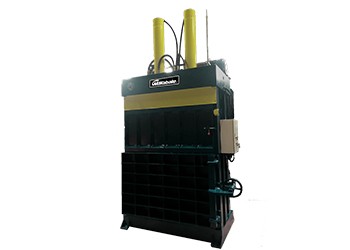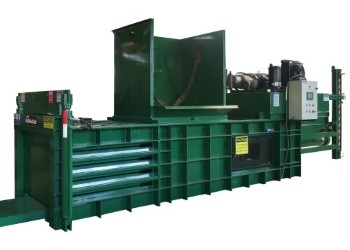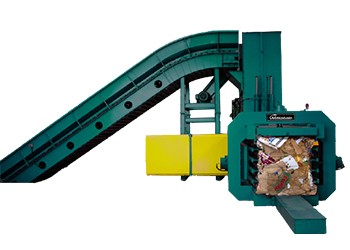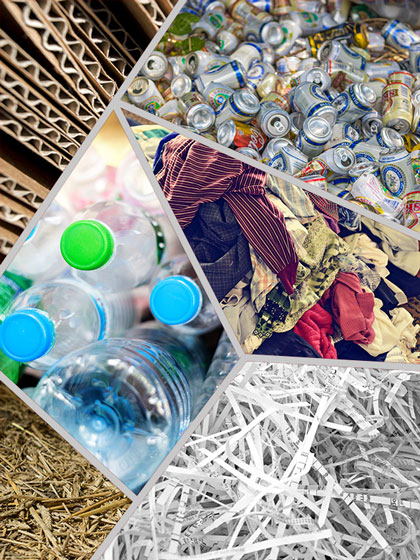Why Recycle Soft Plastic?
Soft plastics are materials like bread bags, cling wrap, and shopping bags. Most people often put soft plastics in the regular rubbish bin. But if we all did that, it would create a lot of extra waste for councils to manage. That's where recycling comes in. Here are some of the benefits of recycling soft plastics:
- It helps reduce landfill waste. Soft plastics take up a lot of space in landfills, so recycling them helps reduce the amount of rubbish we produce.
- It prevents global warming. When soft plastic waste decomposes, it releases greenhouse gases like methane and carbon dioxide into the atmosphere. These gases cause global warming, which is a major threat to our planet. Recycling eliminates this issue.
- It conserves energy. Recycling soft plastics requires less energy than creating new plastic from scratch.
- Generates revenue for recycling companies. Recycling companies collect soft plastics, bale them, then ship them to recycling facilities when converted into valuable products. The sale of recycled soft plastics brings revenue to the company.
The utilization of a right soft plastic baler can reduce your waste disposal costs, help you save time and money for your plastics recycling.
